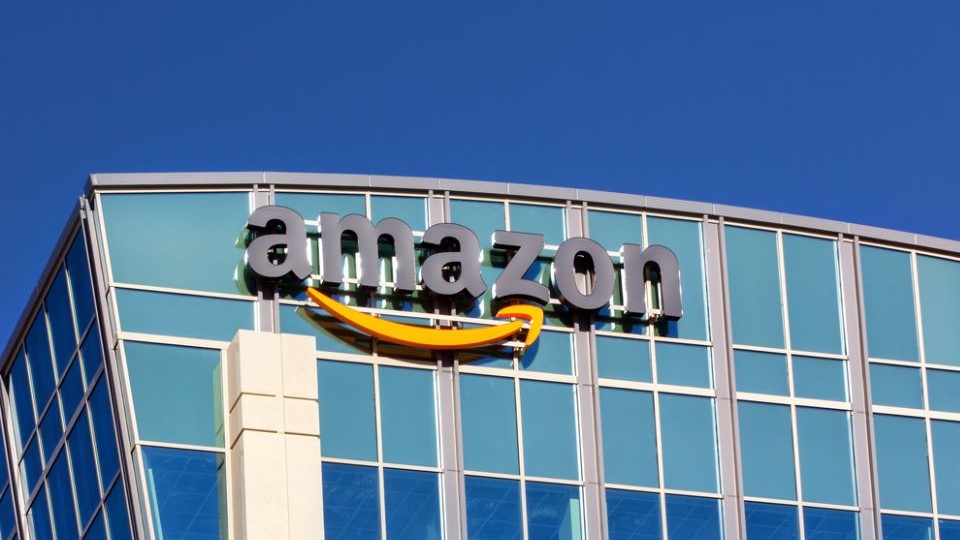Bought a faulty product on Amazon? This could be good news for you
After a dog leash went awry

There's a lot of stuff on Amazon these days. From its humble beginnings as on online bookstore, the massive retailer has since incorporated all sorts of gadgets, clothing, DVDs, and home and outdoor goods – not to mention a vast media empire of music, movies, and TV shows – and a massive annual Prime Day sale driving deal-seekers to the site.
But when those products break, or cease to function, who exactly is responsible?
This question came into the limelight this week after a US appeals court found Amazon liable for faulty third-party goods sold through its site – which make up around half of the items available on the website.
- Samsung is getting sued in Australia for misleading phone ads
- Check out our pick of Amazon Prime movies
- ...or Amazon Prime TV shows
'Third-party' just means products that aren't made by Amazon, but are sold through its marketplace. These can be either shipped directly to customers by the seller, or distributed through Amazon's warehouses.
But, as reported by Reuters, a federal appeals court has ruled (two to one, in a three judge panel) that Amazon is liable even for the products it doesn't make itself.
The case was brought against Amazon by a woman in Pennsylvania, who lost the vision in her left eye after a retractable dog leash snapped during use, colliding with her face and causing permanent injury.
Judge Jane Richards Roth said that Amazon's business model “enables third-party vendors to conceal themselves from the customer, leaving customers injured by defective products with no direct recourse to the third-party vendor”.
Get daily insight, inspiration and deals in your inbox
Sign up for breaking news, reviews, opinion, top tech deals, and more.
What does this change?
While there are a lot of quality goods on Amazon, though, there's also a lot of junk. Arguably part of Amazon's success has stemmed from its ability to offer cheap alternatives to goods sold by many other retailers, and they will inevitably vary in quality.
The huge number of items available also leaves Amazon open to a lot of potential lawsuits, if it's considered liable for their functionality.
At the moment, the ruling is only in Pennsylvania, US, but if this line of thinking catches on elsewhere, it could mean a new, higher quality standard is introduced across the board – likely improving the customer experience of third-party products, but probably driving up costs in the process.
- Amazon Prime Day 2020: everything to expect in the deals event
Via Reuters
Henry is a freelance technology journalist, and former News & Features Editor for TechRadar, where he specialized in home entertainment gadgets such as TVs, projectors, soundbars, and smart speakers. Other bylines include Edge, T3, iMore, GamesRadar, NBC News, Healthline, and The Times.
